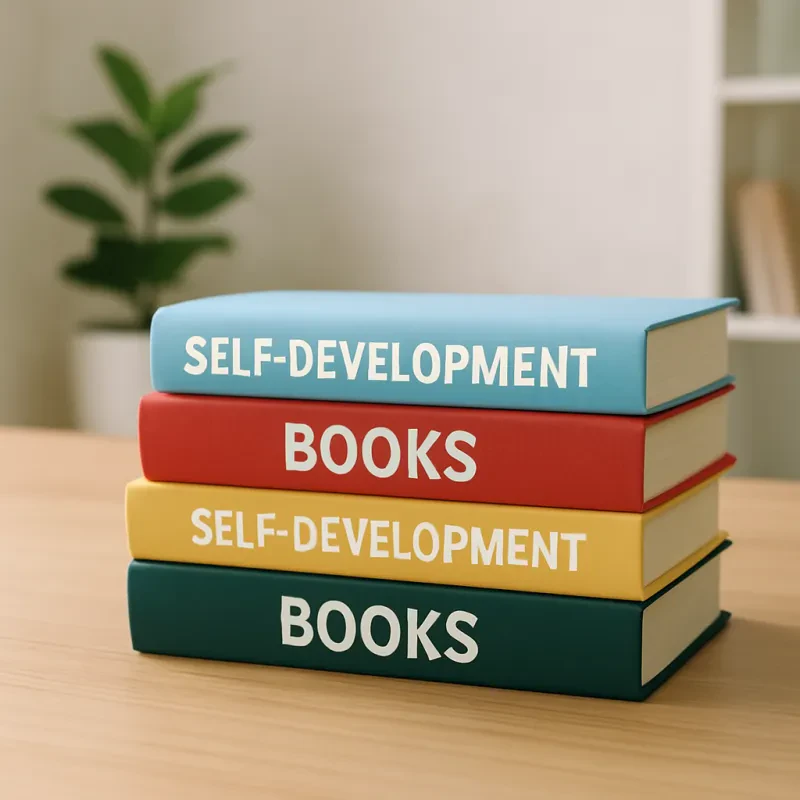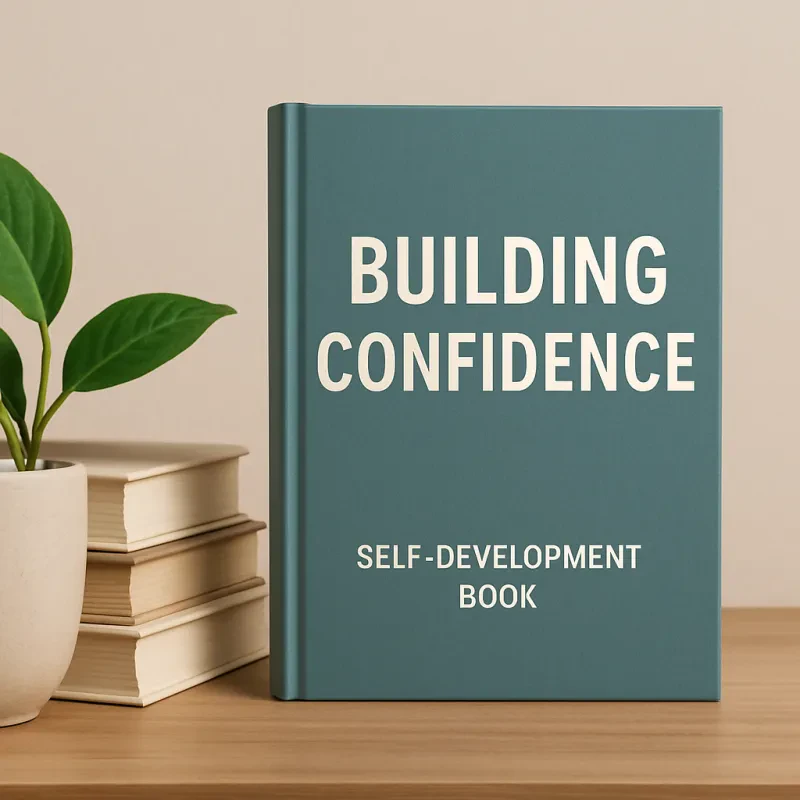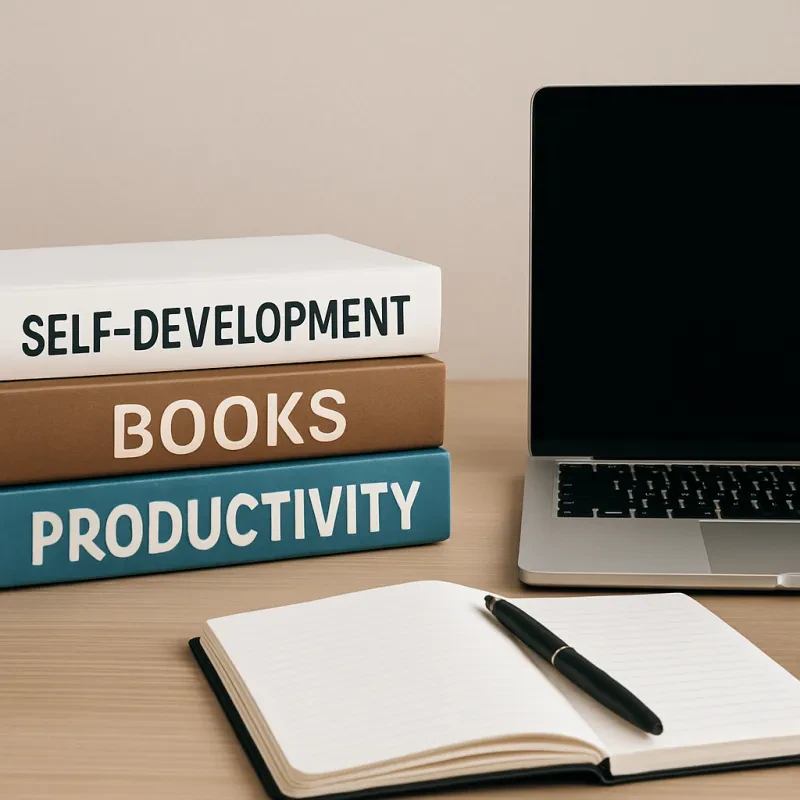I Make My Own Decisions: A Guide to Self-Determination
The ability to make personal decisions shapes our lives. It empowers us to choose paths that reflect our values and priorities. Self-determination is a powerful asset. However, many times, we let outside influences dictate our choices. Understanding how to reclaim your decision-making power is essential for a fulfilling life.
The Illusion of Control
Many believe they have control over their choices. In reality, external forces often shape our decisions. Social norms, peer pressure, and family expectations can cloud judgment. Studies show that about 60% of individuals feel pressured to conform to societal standards. This pressure can lead to decisions that don’t align with personal beliefs.
Reclaiming Your Agency
Making decisions for yourself matters. When you take control, you become the author of your own story. Independent decision-making fosters confidence. It nurtures self-growth and fulfillment, leading to a more authentic life. Being proactive about your choices can shift your mindset. Instead of reacting to circumstances, you’ll start creating your own narrative.
The Journey to Self-Mastery
Embarking on a journey toward self-mastery involves understanding your decision-making style. Recognize your habits and thought patterns. This self-awareness can illuminate the path to improved choices.
Understanding Your Decision-Making Style
Identifying Cognitive Biases
Cognitive biases are mental shortcuts that affect our decisions. They lead us to make errors in judgment. Common biases include:
- Confirmation Bias: Seeking information that supports pre-existing beliefs.
- Anchoring Bias: Relying too heavily on the first piece of information encountered when making decisions.
Research indicates that nearly 70% of people are influenced by these biases. Recognizing them can help in making more objective choices.
Recognizing Emotional Triggers
Emotions play a significant role in decision-making. Fear, joy, or anger can cloud judgment. For example, someone might choose to avoid a necessary confrontation due to fear of conflict. Learning to identify these emotional triggers boosts rational thinking.
Introspection and Self-Awareness
Developing self-awareness is crucial. Use these tools for introspection:
- Journaling: Write down your thoughts and feelings. Reflect on your choices to understand better the values guiding them.
- Mindfulness: Practice being present to observe your thoughts without judgment.
These practices can help clarify your personal values, leading to better decisions.
Gathering Information and Evaluating Options
Information Overload
In today's digital age, information is abundant. With so much data, it’s easy to feel overwhelmed. Experts suggest using strategies like:
- Narrowing Focus: Limit your research to a few trustworthy sources.
- Time Limits: Set a time frame for gathering information to avoid endless searching.
Information overload can paralyze decision-making. Recognizing when to stop searching is vital for moving forward.
Critical Thinking Skills
Critical thinking is essential for evaluating the credibility of sources. Here’s how to hone this skill:
- Question the Source: Is the information backed by credible evidence?
- Look for Bias: Consider the author's perspective. Are they trying to persuade you?
By practicing critical thinking, you can sharpen your decision-making abilities.
Cost-Benefit Analysis
A cost-benefit analysis helps weigh options. To perform one:
- List potential choices.
- Identify the pros and cons for each option.
- Evaluate which choice offers the most benefits for the least cost.
For instance, when deciding between two job offers, compare salary, growth potential, and work-life balance. This method creates clarity.
Overcoming Barriers to Independent Decision-Making
Fear of Failure
Fear can be a significant roadblock. Almost 30% of individuals admit that fear of failure stops them from making bold decisions. Strategies to overcome this include:
- Reframing Failure: View failures as learning experiences instead of setbacks.
- Taking Small Risks: Start with minor decisions to build confidence.
Embracing risk is essential for growth.
External Pressure
Social influence can sway decisions. Practicing assertiveness can help maintain autonomy. Real-world scenarios, like choosing a unique career path despite family expectations, highlight the importance of being true to yourself.
Procrastination and Indecisiveness
Procrastination often leads to decision paralysis. Combat this habit with actionable tips:
- Set Deadlines: Give yourself a timeline for making decisions.
- Break It Down: Divide larger decisions into smaller, manageable parts.
These strategies can make decision-making more approachable.
Building Confidence in Your Decisions
Self-Compassion
Being kind to yourself fosters resilience. Accept that mistakes are part of life. An expert once said, “Self-compassion is essential for emotional well-being.” This mindset helps in learning and moving forward.
Seeking Support
The role of trusted friends and mentors is invaluable. They can provide perspective and encouragement. For instance, sharing your career aspirations with a mentor can lead to valuable insights and guidance.
Celebrating Successes
Recognizing achievements, big or small, reinforces positive behavior. Celebrate your choices by:
- Reflecting on Achievements: Acknowledge what went well.
- Rewarding Yourself: Treat yourself after making a tough decision.
Positive reinforcement builds confidence.
Maintaining Self-Determination Long-Term
Continuous Learning
Lifelong learning strengthens decision-making skills. An expert emphasizes, “Adapting through learning prepares you for future challenges.” Stay curious and open to new experiences.
Adapting to Change
Life is full of surprises. Developing strategies to navigate change is essential. For example, adjusting your plans after losing a job shows flexibility and resilience. Embrace change as an opportunity for growth.
The Ongoing Practice
Reinforcing habits of self-determination requires consistent effort. Regularly check in with your values and priorities, especially when faced with tough choices. It’s a continuous journey.
Conclusion: Embracing the Power of Choice
Self-determination is vital for a fulfilling life. By understanding decision-making styles, gathering information wisely, and overcoming barriers, you create a path to empowerment.
Key Takeaways
- Understand cognitive biases and emotional triggers.
- Use critical thinking and cost-benefit analysis.
- Build confidence through self-compassion and support.
Call to Action
Take the first step today. Reflect on a recent decision and explore how you could approach it differently. Embrace your choice and reclaim your power!



